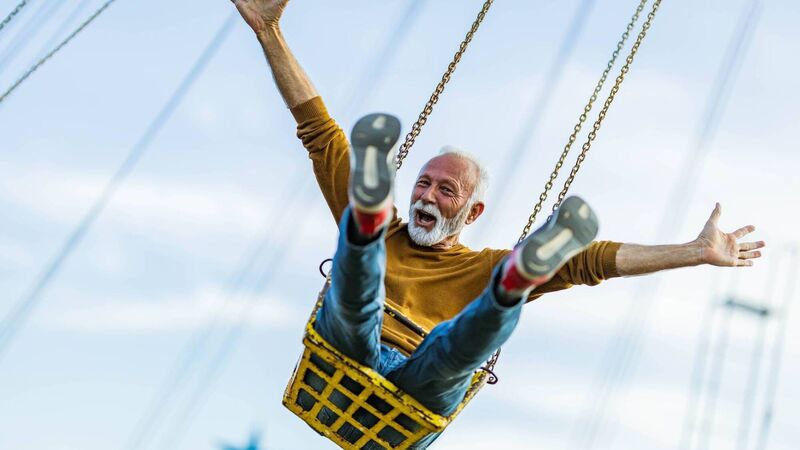About to retire? Here's how to take control of the next stage of your life

People can have fulfilling lives after retirement, with some continuing to work in another area.
Try from €1.50 / week
SUBSCRIBE
People can have fulfilling lives after retirement, with some continuing to work in another area.
Retiring doesn’t have to mean finishing a career you love; it can be a time for ‘re-trying’ a passion you hadn’t time to do while building your career.
Rupert Murdoch may have stepped down as co-chairman of the Fox Corporation and executive chairman of News Corp, but even at 92, one imagines he’s not done yet. Warren Buffett, 93, CEO and chairman of Berkshire Hathaway; Sheldon Adelson, 87, CEO, chairman and treasurer of Las Vegas Sands — they were incredibly involved in their companies, way past retiring age.
Already a subscriber? Sign in
You have reached your article limit.
Annual €130 €80
Best value
Monthly €12€6 / month
Introductory offers for new customers. Annual billed once for first year. Renews at €130. Monthly initial discount (first 3 months) billed monthly, then €12 a month. Ts&Cs apply.
CONNECT WITH US TODAY
Be the first to know the latest news and updates
Newsletter
The best food, health, entertainment and lifestyle content from the Irish Examiner, direct to your inbox.
Newsletter
The best food, health, entertainment and lifestyle content from the Irish Examiner, direct to your inbox.

Our team of experts are on hand to offer advice and answer your questions here
© Examiner Echo Group Limited